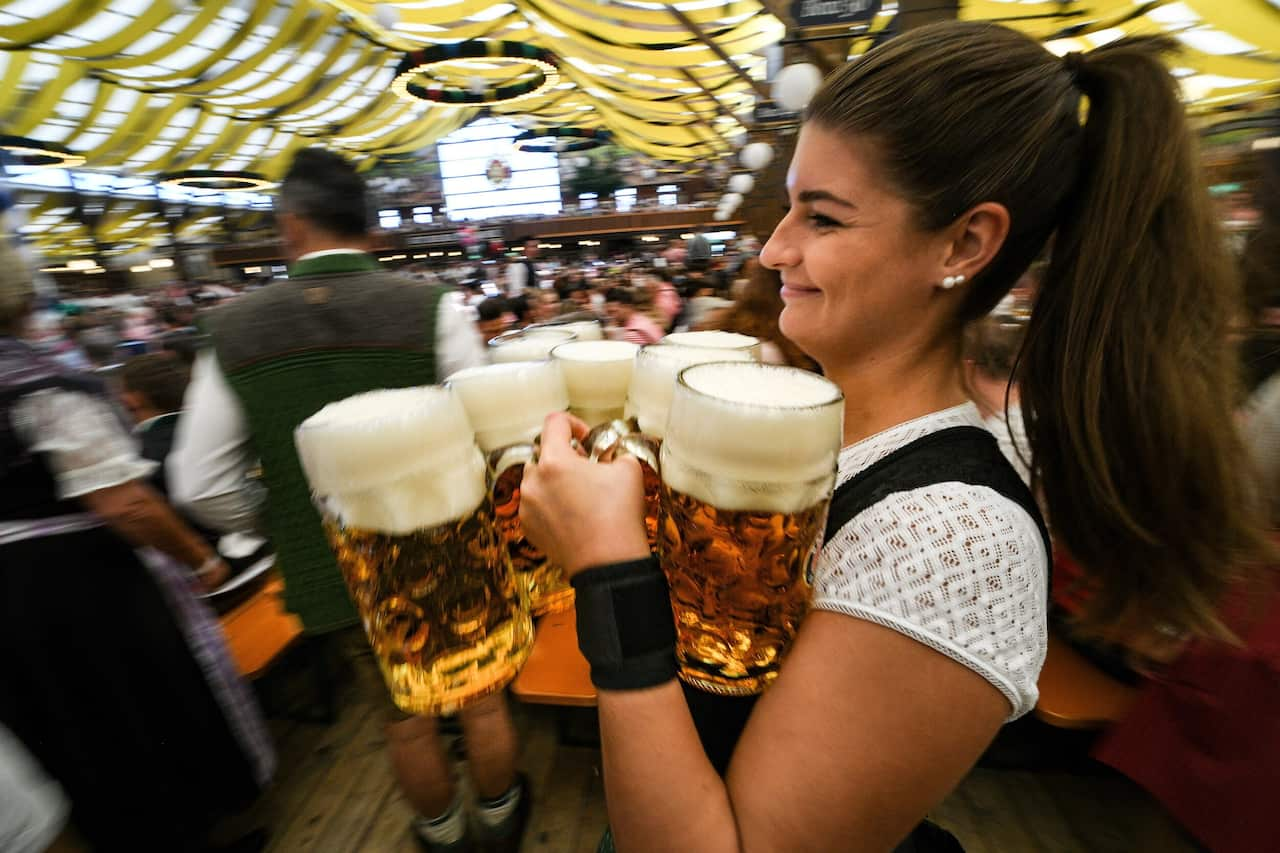The brand stated that the liquid shots and powders they were selling could cure tiredness, nausea and headaches caused by the consumption of alcohol.
In its ruling, the Frankfurt court defined illness as: “even small or temporary disruptions to the normal state or normal activity of the body."
The German superior regional court found that hangovers fell into this category.
"Information about a food product cannot ascribe any properties for preventing, treating or healing a human illness or give the impression of such a property,” the ruling read.
The decision comes just after the commencement of Oktoberfest, the annual event perhaps most recognisable for its heavy beer consumption.

Source: AAP
What about Australia?
A 2015 Australian study found that hangovers result in some 11.5 million sick days each year, at an estimated cost of $3 billion to the economy.
There have also been previous debates over hangover ‘cures’ in Australia.
In 2003, the ACCC settled out of court with a Queensland business promoting herbal products which it claimed cured hangovers and colds ‘overnight’. It also promised to fix morning sickness, stomach ulcers, as well as adjusting menstrual cycles to make them more regular and reversing the effects of osteoarthritis.
The Australian Therapeutic Good Administration (TGA) Advertising Code states that advertising cannot state, imply or represent that therapeutic goods (like say, ‘hangover medicines’) “are effective in all cases of a condition, or that the outcome from their use is a guaranteed or sure cure.”
“An example of a permitted indication for a listed medicine relating to hangovers is: ‘Helps decrease/reduce/relieve symptoms of occasional hangovers’.” a TGA spokesperson told SBS's The Feed.
The TGA also warned consumers against buying products online from overseas sellers.
The administration says if it’s promising a cure… it’s probably in breach of the code.
Call the National Alcohol and Other Drug Hotline for free and confidential advice about alcohol and other drugs: 1800 250 015
